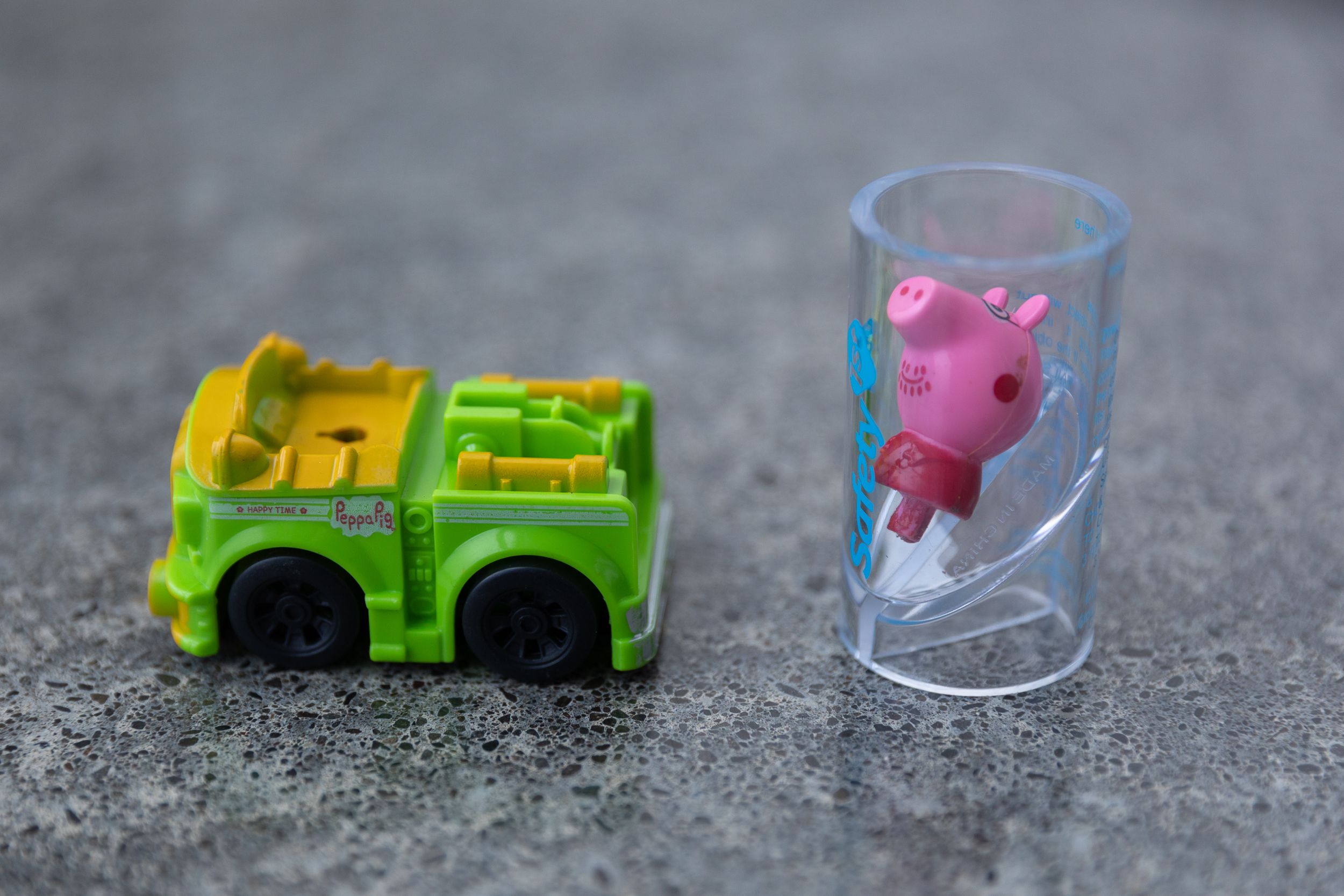As the festive season approaches, the Commerce Commission is encouraging shoppers to be mindful of safety when purchasing toys for young children.
This follows a recent case where the Waitakere District Court imposed a fine of $38,500 on Geneva Distributors Limited for supplying a toy that did not comply with the Product Safety Standard for toys intended for use by children under the age of three.
In this instance the product was a brightly coloured, plastic, battery operated musical toy in the shape of a guitar, featuring a removable container filled with lollies. It was found not to comply with the Standard and had the potential to cause serious harm to young children because small parts broke free, presenting a choking hazard.
“Businesses supplying toys for children under the age of three are responsible for making sure they are safe and comply with applicable laws,” says Grant McIntosh, Product Safety Manager at the Commission.
Mr McIntosh says that even if products are labelled for use by children over the age of three, businesses must still comply with the Product Safety Standard if their toys are suitable for use by children under three.
“People shopping for toys as gifts are encouraged to consider things like small parts that could be swallowed, battery compartments that don’t seem secure, or items that don’t appear robust enough to take the knocks they’ll get during child play.”
In this particular case, during testing of the toy by an independent laboratory – which replicates use of the item in the hands of a child, including dropping, twisting and pulling – small parts of the toy came loose. These parts present a choking hazard to children under the age of three and breach the product safety standard.
If parents or caregivers are concerned that a toy doesn’t comply with the Standard, they should raise their concern with the seller and inform the Commerce Commission via its website.
Mr McIntosh says all businesses, including retailers and wholesalers, should take the time to understand their obligations when advertising and supplying products for sale. There is more information about the Product Safety Standard and other mandatory Product Safety Standards on the Commission’s website.
Background
Geneva Distributors Limited distributes confectionery, beverages, snack foods, biscuits and similar goods throughout New Zealand and the Pacific Islands. Geneva has estimated that toys account for 4 – 5% of its business, and all the toys it imports contain confectionery.
Between 2020 and 2021, Geneva supplied 432 units of the toy to Canary Distributors Limited in New Zealand, who distributed the toys to a number of Wellington-based stores. Of the toys distributed, 216 units were successfully recalled.
In March 2021, three units of the toy were purchased by the Commission with testing conducted in May by an independent facility. The test results concluded that the toy failed to comply with Product Safety Standards.
Product Safety Standards
Regulations set safety standards that suppliers of goods must comply with. The regulations set out what type of goods are covered, what standard/s or parts of standard/s apply to New Zealand and any variations to those standard/s. Failure to comply with product safety standards set by regulations breaches the Fair Trading Act.
The mandatory standard for toys covers toys intended for use by children up to, and including, 36 months of age. It aims to reduce the risk of injury or death to young children by ensuring that toys intended for their use are not so small, or do not have parts so small, that they could be swallowed or ingested causing choking.
Testing of such products includes tension, torque (twist), and drop testing, and is designed to simulate normal use and reasonably foreseeable abuse of toys by young children.
Image example below of a toy which has previously breached the product safety standard. During testing, various small parts became separated representing a choking hazard to young children.









